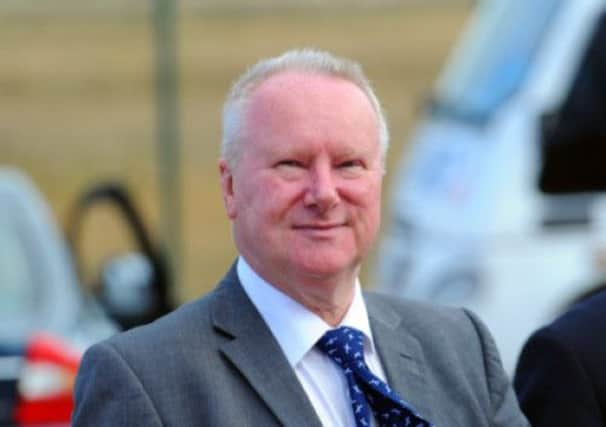Decisions on drugs must improve, NHS agencies told


The Scottish Government said it wanted the drug approval system to become more transparent, with greater access to end-of-life treatments and medicines for very rare conditions.
Health secretary Alex Neil said he had told the Scottish Medicines Consortium (SMC), which recommends drugs for use by NHS Scotland, to apply different, more flexible approaches in its evaluation of these treatments.
Advertisement
Hide AdAdvertisement
Hide AdThe call comes after a series of high-profile rejections of expensive drugs by the SMC, sparking anger from patients’ groups.
Among other measures announced by Mr Neil yesterday, in response to a Scottish Parliament health committee investigation into access to new drugs, was increased public involvement in the approval process.
The public, as well as representatives from drugs companies, will be allowed to attend SMC meetings where decisions on new treatments are made. The SMC is being given an extra £1 million to help make its work more transparent.
Mr Neil said they also wanted to create a more transparent system for approval of drugs not recommended by SMC in individual cases. Currently if a patient wants a drug not recommended by the SMC, they have to submit an Individual Patient Treatment Request, with a decision made by a group of health board officials, some of whom may not be clinicians.
This system is being replaced by a “peer approval system”.
Mr Neil said this would see doctors leading decisions, with more consideration of personal circumstances.
In other moves, the £20m Rare Medicines Fund, launched this year, will be extended to 2016 to help fund expensive treatments for rare conditions.
The SMC will also be allowed to appraise new medicines not yet submitted by drugs companies, where these drugs were considered clinically important to the NHS in Scotland.
Mr Neil said the revamp of the evaluation process would look at the current thresholds for approving treatments.
Advertisement
Hide AdAdvertisement
Hide AdThis currently stands at a maximum of £30,000 per Quality Adjusted Life Year (QALY) – a measure of the improvement in life expectancy and quality a treatment gives for its cost.
Mr Neil said: “We need to relook at that in terms of end-of-life drugs which are relatively expensive, and you have always got the issue of how effective they are. We think we need a more flexible approach there.”
The SMC has until the end of the year to submit its plans.
Professor Angela Timoney, chairwoman of the SMC, said “SMC fully supports patient access to clinically effective new medicines at a price that is fair for all.”
Andrew Powrie-Smith, of the Association of the British Pharmaceutical Industry Scotland, said: “We welcome the Scottish Government’s efforts to address the lack of access to new medicines for patients in Scotland.”
But there was some concern that the plans do not go far enough. Prostate Cancer UK questioned how far patients would be allowed to become involved in drug approval.
Scottish Conservative spokesman Jackson Carlaw said: “The key will be in the detail of the SMC’s findings once its review is complete, but at least there is positive intent here.”